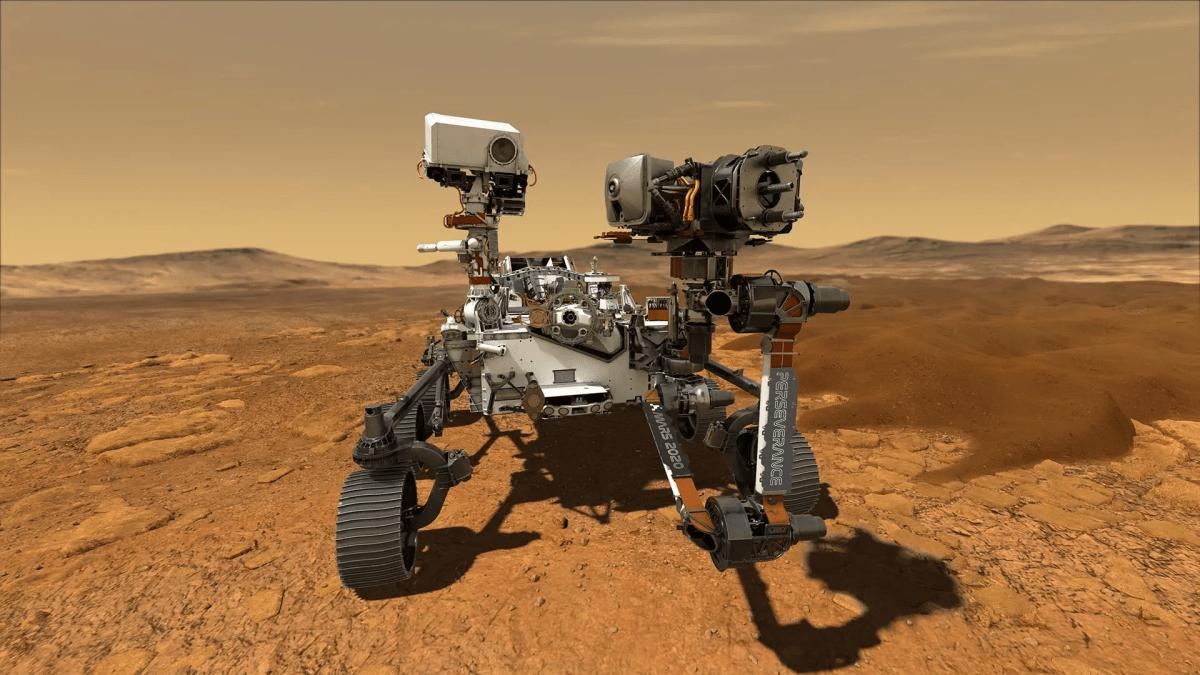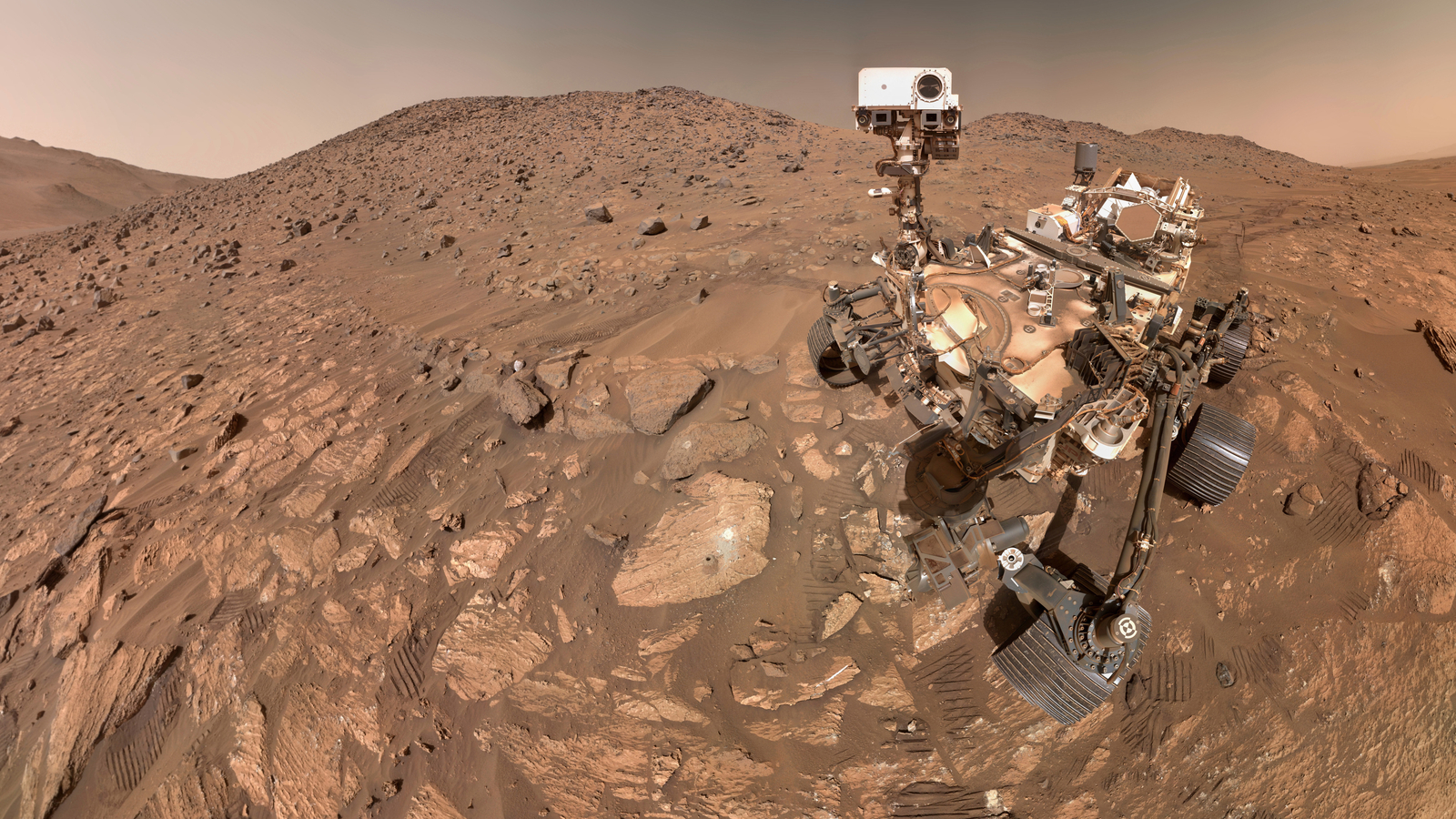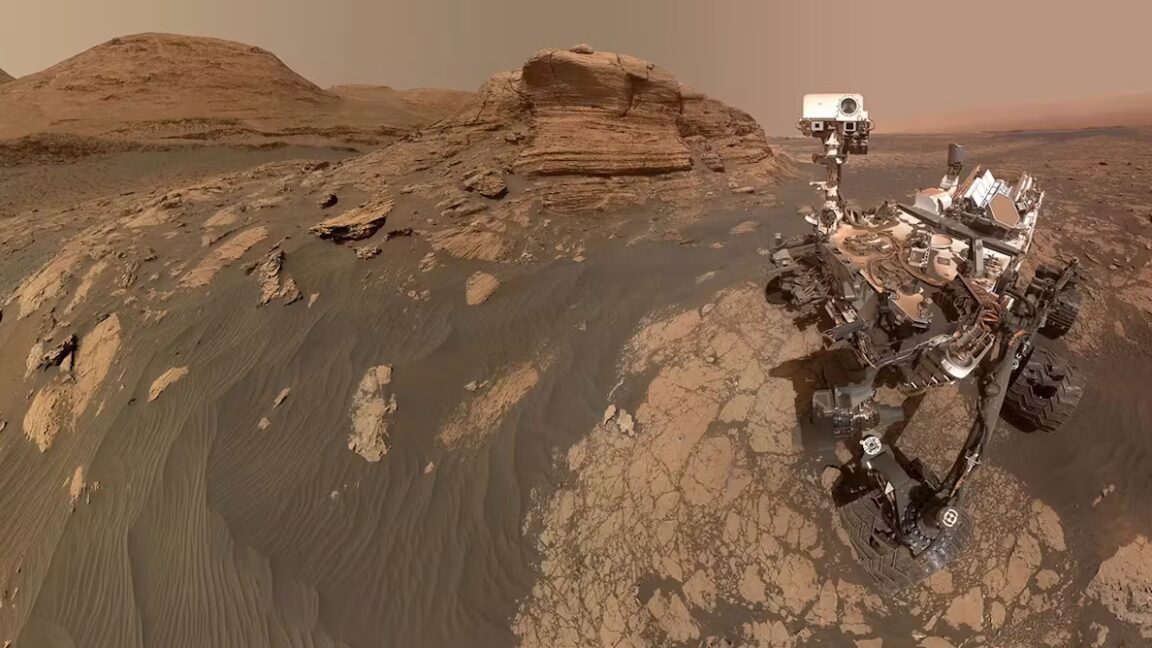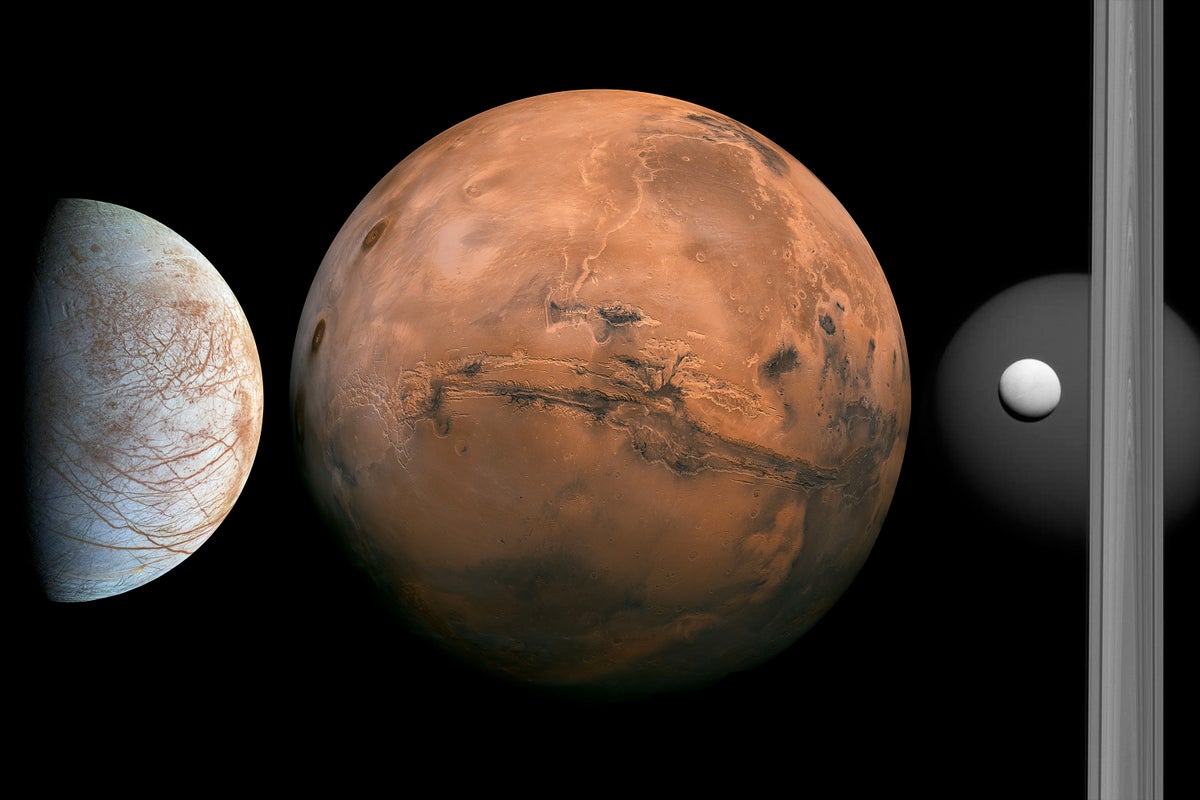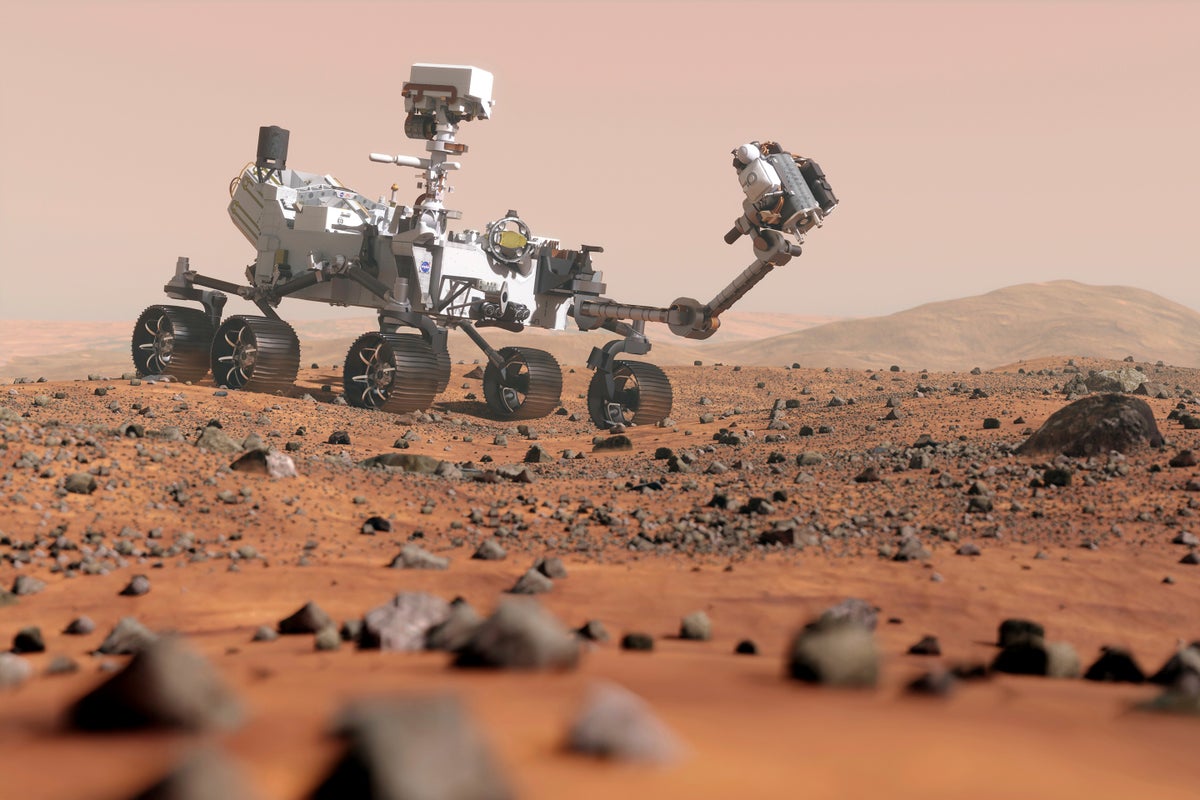#mars-exploration
#mars-exploration
[ follow ]
#perseverance-rover #astrobiology #nasa #spacex #elon-musk #sample-return #human-spaceflight #space-policy
fromTheregister
2 months agoRosalind Franklin rover catches a break as NASA stays in
The European Space Agency's long-delayed Rosalind Franklin rover has received a boost with confirmation that NASA is staying in the project. During Director General Josef Achbacher's speech at the agency's Ministerial meeting, where funding is debated and projects proposed and selected, he said [PDF]: "Just yesterday, I received very good news from NASA to confirm their contribution to the Rosalind Franklin Mission."
Science
Science
fromwww.mercurynews.com
3 months agoBay Area scientists set to launch mission to Mars that could help pave way for human trips
Twin ESCAPADE satellites will orbit Mars to measure its atmosphere and magnetic field, revealing how space weather shaped atmospheric loss and aiding future human exploration.
US politics
fromArs Technica
9 months agoIf Congress actually cancels the SLS rocket, what happens next?
The Artemis lunar presence depends on transportation cost, safety, and activities for astronauts.
The Trump budget proposes a significant funding increase for Mars exploration programs.
This funding may spark robust commercial partnerships for Mars missions.
[ Load more ]

